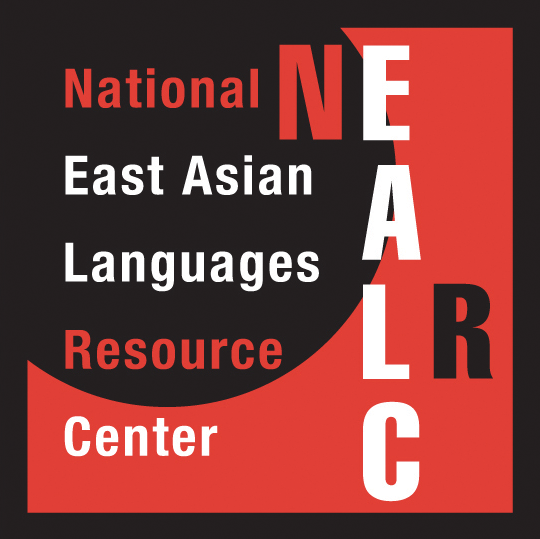It’s enticing to think you can avoid the hazards of uchi by focusing on relationships outside your host family. These may include Japanese friends you made in your study abroad program. Or your host family may gradually introduce you to their friends, relatives and neighbors, and you may establish your own relationships with some of them as well. But even so, it’s hard to escape the distinctions of tatemae/honne, uchi/ soto, and uchi anywhere you go in Japanese society. This module shows why and how uchi matters, even in relationships outside your host family. It will also give you a new perspective on all of these relationships.
1. Bruce and Rosa try to bypass uchi hazards through their outside friendships, but both run into big snags.
- Bruce thinks that he needs to pay attention to uchi/soto and tatemae/honne when dealing with his family. But he’s sure his Japanese friends don’t bother with these kinds of things—they are just like his friends at home. In what ways does his friends’ indulgence toward him contradict this (and resemble host families’ behavior toward guests in Module 8.1)?
- Bruce says: “I don’t want to be someone special. Treat me like a friend.” Yet he continues to require his friends to indulge him. How does his request resemble Kaarina’s request that her family not treat her like a visitor? (Kaarina 2, Module 8.2) Do Bruce’s concepts of friendship coincide with those of his Japanese friends?
- How did Bruce’s mistake in deciding he was too tired to go to Kazu’s place put him in trouble with uchi? How does his situation with his friends involve uchi hazards, like those in Module 9.2?
- What aspects of uchi did Rosa manage to violate when she asked her friend to take her to the station?
2. The following cases involve gifts or favors being exchanged between homestay guests and their host family’s networks of friends, neighbors, or relatives. But uchi dimensions also exist in these exchanges, which the guests below fail to see:
- What are Kaarina and Molly both missing about uchi in the way they view gift-giving? How do we know that each of their families viewed gift-giving as part of uchi?
3. Putting the pieces together . . . Hints for managing relationships in Japan
- Uchi is important and fundamental in Japan because ‘uchi’ (not the individual ‘I’) is the reference point from which you need to gauge your relationships to everyone in your social environment. The shift from ‘I’ to ‘uchi’ (See Module 6.1) is such a fundamental shift that it is very difficult to manage consistently. This is a MAJOR cultural bubble. Furthermore, you have to make this same shift when you speak Japanese, since ‘uchi’ rather than ‘I’, (or any form of ‘watashi’ ) is the reference point in speaking Japanese as well. (See the Reference Guide for further materials on this subject.)
- In fact, misusing the uchi reference point is the basis for the problems in all of the cases above.Rosa “offended everyone”, Molly and Kaarina had problems with gift-giving, and Bruce “messed up” with his friends because each of them viewed their social relationships from the reference point of ‘I’, rather than the ‘uchi’ reference point of their Japanese counterparts. For example, Bruce was trying to relate to his friends from a vantagepoint of ‘I’-‘you’ shifts (see Flash 1, Module 6.1), while his friends were relating to him from a vantagepoint of ‘uchi/soto’ perspectives (see Flash 3 & 4 with explanations, Module 6.1).
- Even if your Japanese friends or host family have spent time abroad and can speak your language, it’s better not to slip into thinking they are “just like your friends from home”. You still need to keep in mind the issues (and hurdles) depicted in this module—and in Part 3.
Main Takeaway:
Now you can see how it’s a huge mistake to use ‘I’ instead of ‘uchi’ as your reference point. You will have endless problems if you fail to use the correct reference point.


























